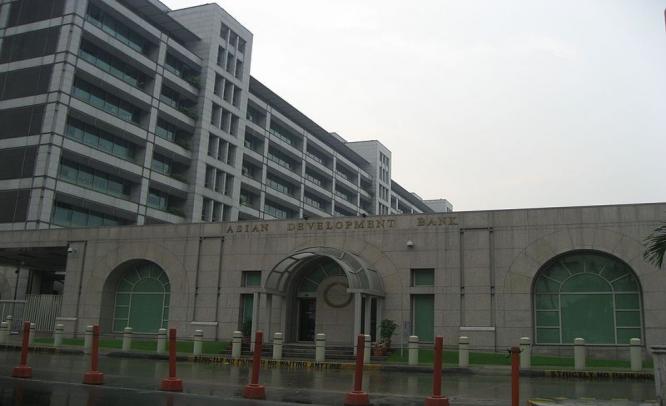“The slight downgrade in the growth forecast reflects largely short-term challenges faced by a few Pacific economies,” said Xianbin Yao, Director General of ADB’s Pacific Department.
MANILA, PHILIPPINES –The Asian Development Bank’s (ADB) latest Pacific Economic Monitor has trimmed the 2013 economic growth forecast for the Pacific region to 5.0% on the back of lower-than-expected government capital spending in Timor-Leste, slower gold production in Solomon Islands, and lower growth prospects in Kiribati and Nauru.
ADB’s previous regional growth forecast for 2013 was 5.2%, following an expansion of 7.6% in 2012.
“The slight downgrade in the growth forecast reflects largely short-term challenges faced by a few Pacific economies,” said Xianbin Yao, Director General of ADB’s Pacific Department. “Despite the slight slowdown, a brighter outlook for the global economy is expected to spill over and likely raise the Pacific region’s growth to 5.5% in 2014.”
The first quarter of 2013 has seen the region’s exports to Australia, a key market, hit by lower international commodity prices. The value of exports fell by over 27% year-on-year, with gold and petroleum exports from Papua New Guinea (PNG) down by 32% over the same period. Pacific exports to New Zealand also fell by over 17% in the quarter.
In PNG?the largest developing economy in the Pacific?persistently lower prices for its commodity exports could make it difficult for the government to continue the stimulus measures it has adopted to counter the adverse impact of a slowdown in construction as the liquefied natural gas pipeline work is completed. This poses a downside risk to ADB’s unchanged 2013 growth forecast for the country.
Lower international oil prices and a decrease in government spending are also weighing on the near-term growth prospects of Timor-Leste, another major resource exporter in the region.
There are signs that Fiji’s economy may be picking up as government infrastructure development moves ahead, and consumption and investment show signs of improving. However, ADB is holding its growth forecast steady at 2.0%, pending new data.
Infrastructure damage from Cyclone Evan in December 2012 weighed on tourism early in 2013, with visitors to Fiji and Samoa declining. There have been recent signs of a recovery, however, and other tourism destinations in the Pacific are also seeing improvements, with a rise in Australian visitors to Vanuatu and robust tourism growth in the Cook Islands.
The latest Pacific Economic Monitor includes four articles exploring the Pacific’s changing external economic ties. One article discusses the emergence of the Association of Southeast Asian Nations, the People’s Republic of China, and India as increasingly important trading partners for South Pacific economies. A second article provides a new trade cost indicator for Pacific economies and compares it to other existing indicators. A contribution from the East-West Center of the University of Hawai’i considers the prospects of North Pacific economies upon conclusion of their compacts of free association with the US and highlights the need to reduce aid dependency in these countries. A contribution from the Crawford School of Public Policy examines the Caribbean’s experiences with regional cooperation and integration for possible lessons for the Pacific.
Source : Asian Development Bank

